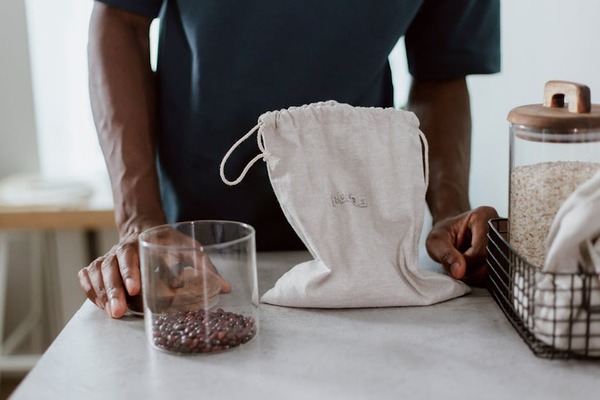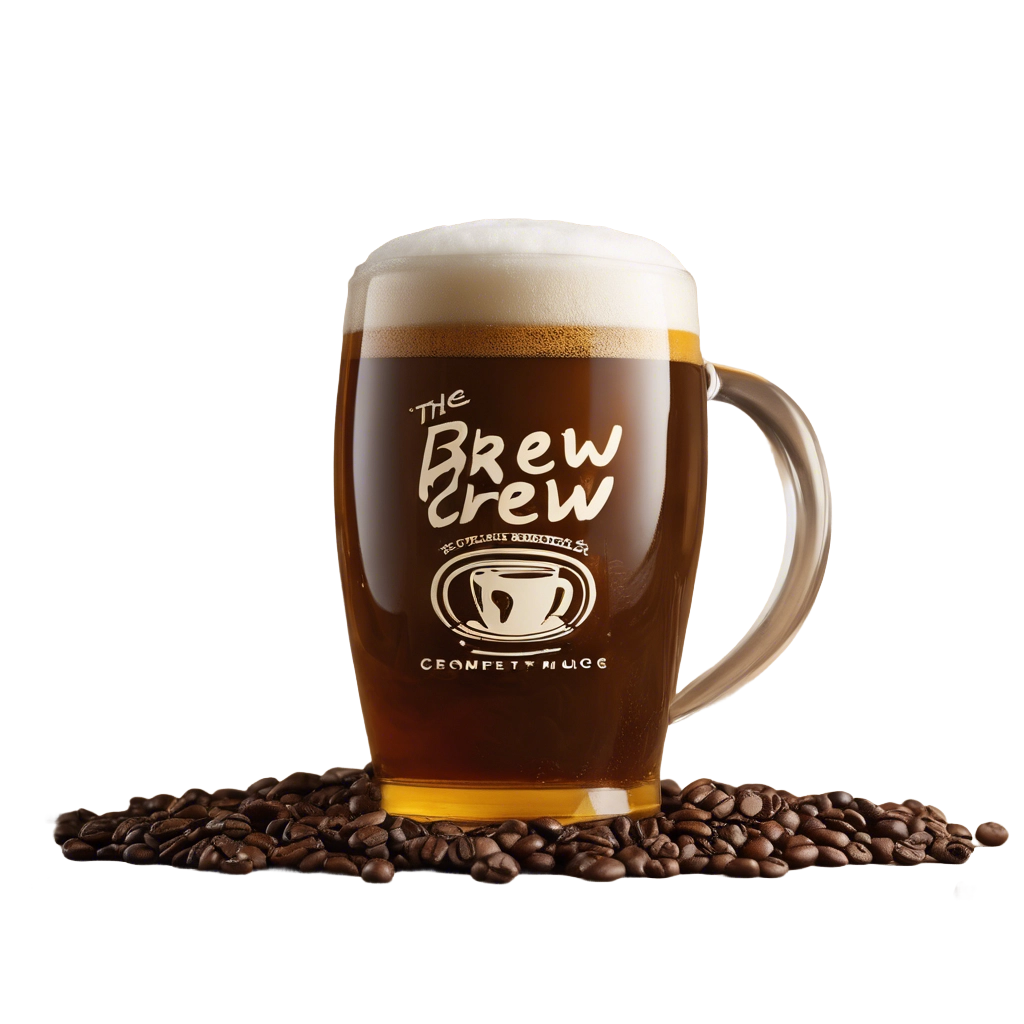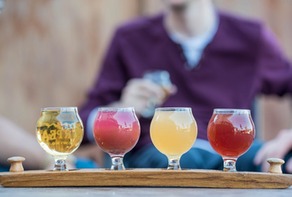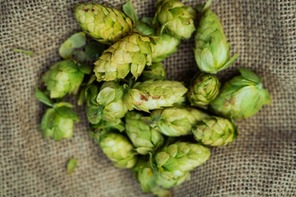- Brew BuddyList
- Blog
- How to Start Your Own Home Brewery: A Beginner’s Guide
How to Start Your Own Home Brewery: A Beginner’s Guide

Brewing your own beer at home may seem like a daunting task, but fear not, fellow beer enthusiasts! With the right guidance and a little bit of patience, you can start your own home brewery and craft delicious brews that will impress your friends and family. This beginner's guide will walk you through the basics of home brewing, from selecting ingredients to packaging your final product. So grab a cold one (or a not-so-cold one, if you haven't started brewing yet) and let's get started on this hoppy journey!
Brewing Dreams: A Beginner's Guide to Home Brewing
If you've ever dreamed of becoming a master brewer, then starting your own home brewery is the perfect way to turn that dream into a reality. Home brewing allows you to experiment with different flavors, styles, and techniques, giving you the creative freedom to craft a beer that is uniquely yours. So put on your brewer's hat (or apron, whichever you prefer) and get ready to embark on this exciting journey into the world of home brewing!
The Basics: Getting Started with Home Brewing
Before you can start brewing your own beer, you'll need to gather a few basic supplies. This includes a brew kettle, fermenter, airlock, thermometer, hydrometer, and sanitizer. You can purchase these items individually or as part of a home brewing kit, which typically includes everything you need to get started. Once you have your supplies in hand, it's time to move on to the next step: selecting the ingredients for your brew.
Hops and Barley: Ingredients for Your Home Brewery
The key ingredients in beer are hops, barley (or other grains), water, and yeast. Hops add bitterness, flavor, and aroma to the beer, while barley provides the fermentable sugars that yeast will turn into alcohol. Water is the base of any beer, and yeast is the magical ingredient that ferments the sugars and produces alcohol. You can also add other ingredients like fruits, spices, or herbs to create a unique flavor profile for your brew. Experimentation is encouraged in the world of home brewing, so don't be afraid to get creative with your ingredients!
Tools of the Trade: Essential Equipment for Brewing
In addition to the basic supplies mentioned earlier, there are a few other tools that will come in handy during the brewing process. These include a mash tun (for extracting sugars from grains), a wort chiller (for cooling the wort quickly), and bottles or kegs for packaging your finished beer. While some of these tools are optional, having the right equipment can make the brewing process much smoother and more enjoyable. Plus, who doesn't love adding more gadgets to their brewing arsenal?
From Wort to Brew: The Brewing Process Simplified
The brewing process can be broken down into several main steps: mashing, boiling, fermenting, and bottling. During the mashing stage, you'll mix crushed grains with hot water to extract sugars. The wort is then boiled with hops to add flavor and bitterness. After boiling, the wort is cooled and yeast is added to start fermentation. Once fermentation is complete, the beer is ready to be bottled or kegged. While this may sound complicated, don't worry - we'll break down each step in more detail later on in this guide.
Fermentation Frustration? Troubleshooting Tips
Fermentation can sometimes be a tricky process, but don't let it discourage you! If you encounter any issues, such as slow fermentation, off-flavors, or contamination, there are a few troubleshooting tips you can try. These include adjusting the temperature, checking the pH levels, and using a yeast starter to kickstart fermentation. Remember, every brewer has faced fermentation challenges at some point, so don't be afraid to ask for help or seek advice from other brewers.
Bottling Brilliance: Packaging Your Homemade Beer
Once your beer has finished fermenting, it's time to package it for consumption. You can choose to bottle your beer using glass or plastic bottles, or keg it for easy dispensing. Make sure to sanitize your bottles or kegs before filling them with beer to prevent contamination. You can also add priming sugar to the bottles to carbonate the beer naturally. Whichever packaging method you choose, be sure to seal your beer properly to maintain its freshness and flavor.
A Taste of Success: Sampling Your First Brew
After weeks of brewing, fermenting, and bottling, it's finally time to sample the fruits of your labor. Pour yourself a glass of your homemade beer, admire its color and head, and take a sip to savor the flavors you've created. Don't be discouraged if your first brew isn't perfect - brewing is a learning process, and each batch will get better with practice. So raise your glass and toast to your brewing success!
Home Brewing Hacks: Tips and Tricks for Beginners
As you continue on your home brewing journey, you'll inevitably come across a few challenges along the way. Whether it's troubleshooting fermentation issues, improving your brewing technique, or experimenting with new recipes, there are plenty of tips and tricks to help you navigate the world of home brewing. Join online forums, attend brewing classes, and read books and articles to expand your knowledge and improve your skills. Remember, brewing beer is as much a science as it is an art, so don't be afraid to get creative and have fun with it!
Cheers to Your Home Brewery: Celebrating Your Success!
After all the hard work, patience, and dedication you've put into your home brewery, it's time to celebrate your success! Invite your friends and family over for a tasting party, share your brews with fellow brewers, and enter your beer into competitions to get feedback and recognition for your talents. Brewing beer is a rewarding hobby that can bring people together and create lasting memories. So raise a glass, toast to your accomplishments, and continue brewing with passion and enthusiasm!
===
Starting your own home brewery is a fun and rewarding experience that allows you to unleash your creativity and share your love of beer with others. With the right tools, ingredients, and knowledge, you can craft delicious brews that will impress even the most discerning beer connoisseurs. So don't be afraid to dive headfirst into the world of home brewing - who knows, you may just discover a new passion and talent along the way. Cheers to your home brewery, and may your fermenters always be full and your glasses never empty!
Posted By





